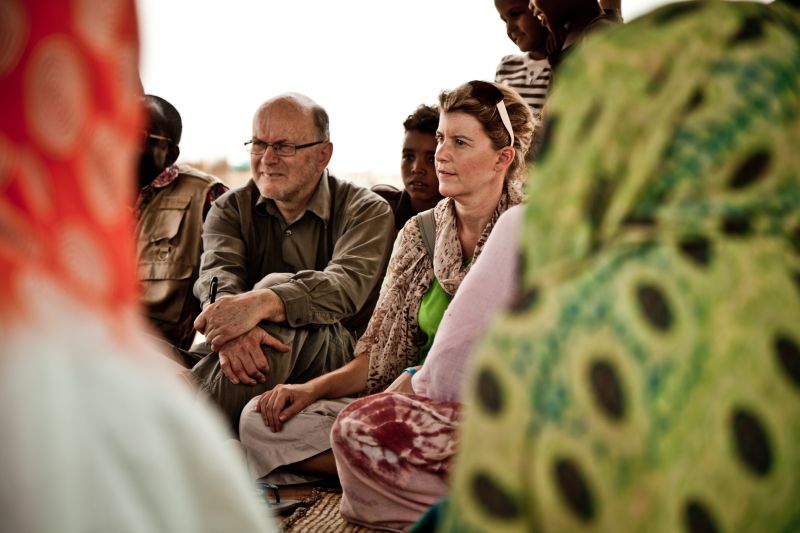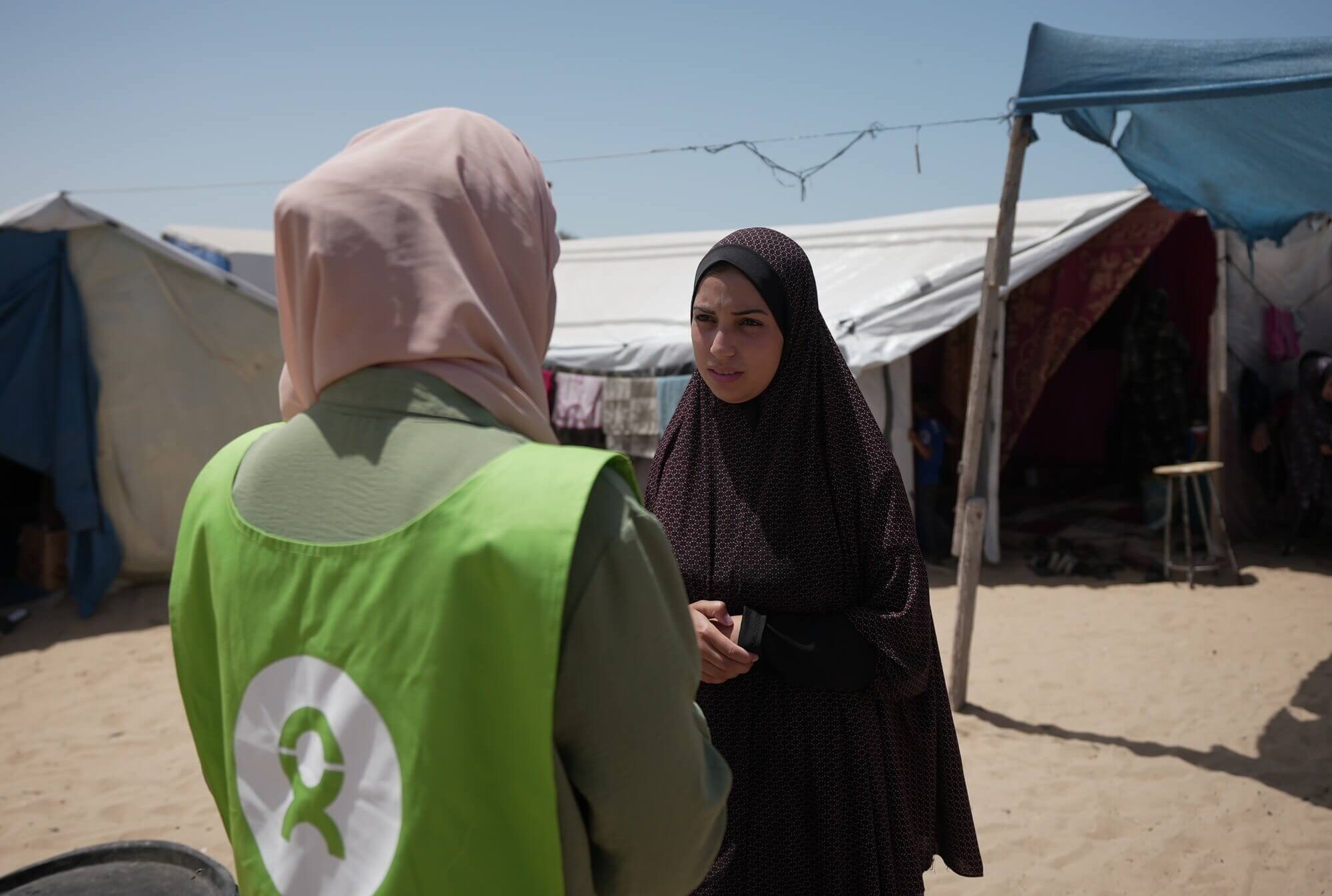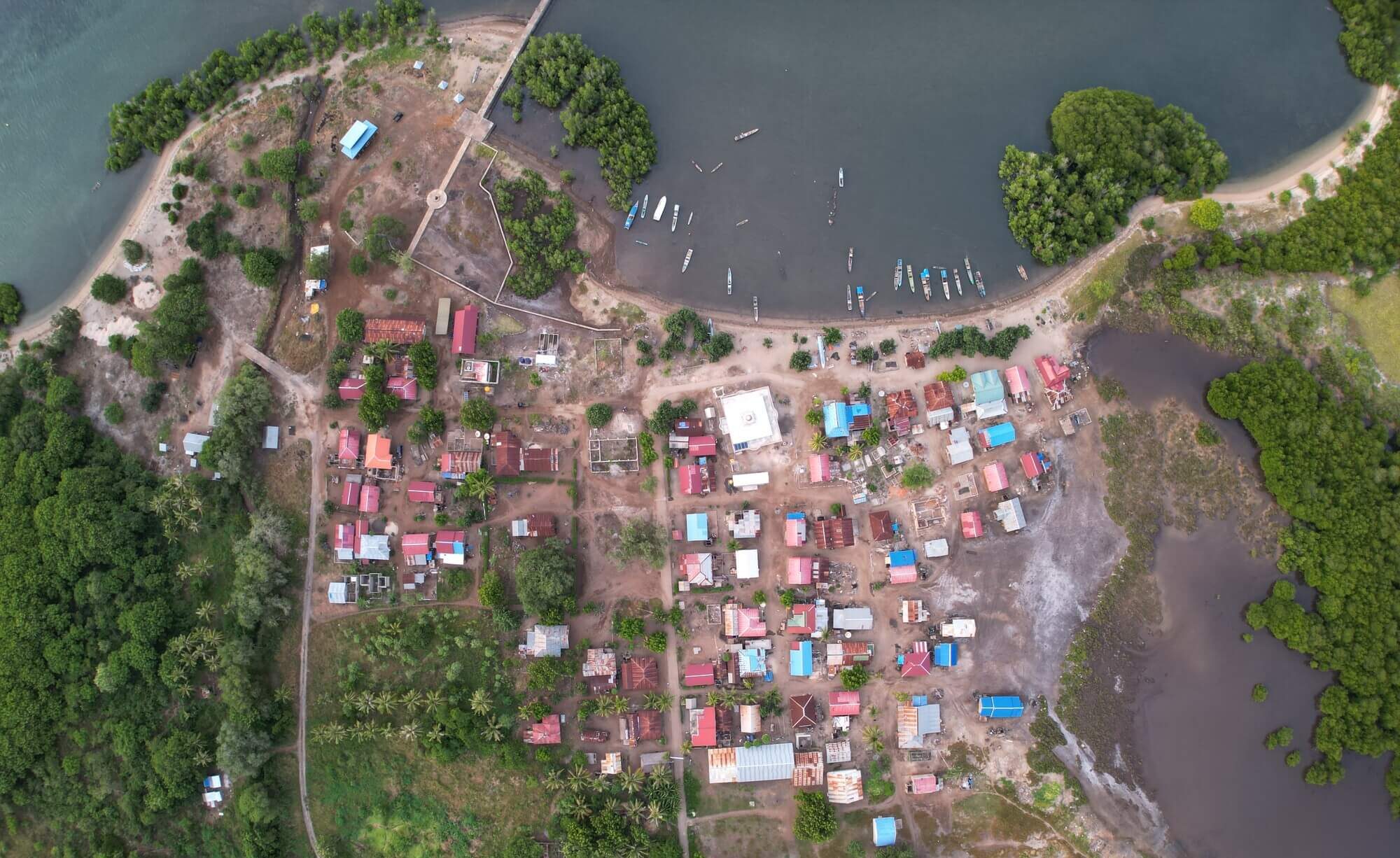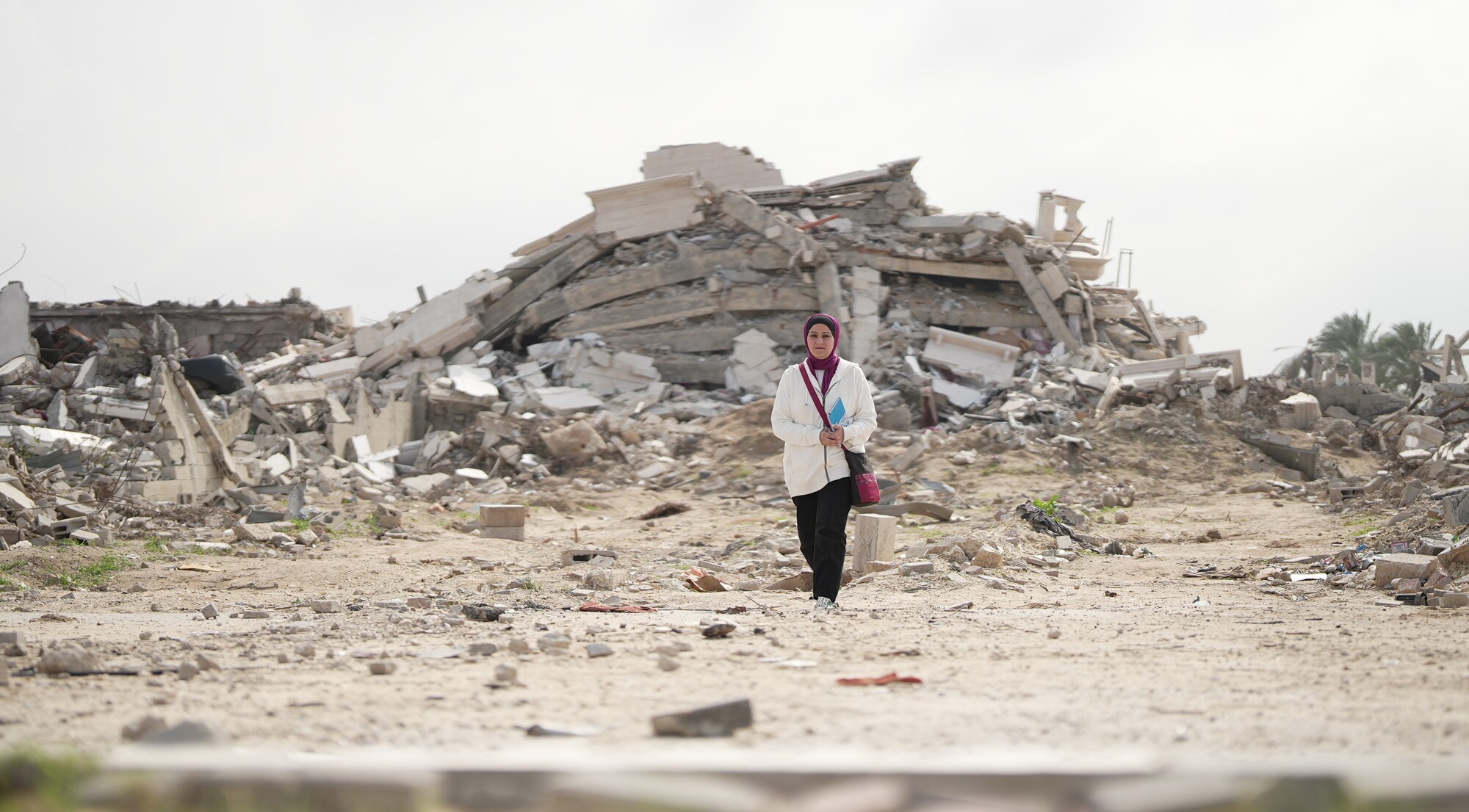Andrew Hewett and Natasha Stott Despoja see the food crisis firsthand
“Burkina Faso is one of poorest countries in world — 181/187 on UN Human Development Index — but currently hosts 100,000 Malian refugees,” tweeted Oxfam Australia’s Executive Director Andrew Hewett earlier this week.
This isn’t just some abstract statistic. Andrew is currently in Burkina Faso with former Democrats leader Natasha Stott Despoja, meeting with communities affected by the West African food crisis and seeing Oxfam’s work in action.
After landing in the national capital, Ouagadougou, the pair travelled to Mentao, a refugee complex in the country’s north, and home to 10,000 people who’ve had to flee their homes due to civil unrest in Mali. Along with several other NGOs, Oxfam is working in the camp to provide emergency support. “Oxfam is providing water and sanitation and promoting hygienic practices,” Andrew tweeted from the scene, adding that they’d “met a bunch of very enthusiastic children who seemed to have got the message re: malaria prevention.”
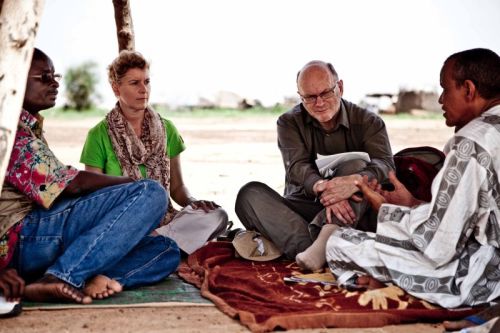
For Natasha, Mentao defied her expectations. Far from the popular stereotype of refugee camps as chaotic hellholes full of people fighting for food, she described it in an interview with Radio National yesterday as controlled and orderly, “a very settled community, but one that obviously lacks some basic facilities.”
While Oxfam and other organizations are supporting refugees with urgent food and sanitation in the short term, Natasha pointed out that Mali’s conflict “doesn’t look like it will be resolved any time soon” — which brings with it a whole new set of challenges. “The Malians want some kind of income-generating activity,” she said. “They want some opportunities because they anticipate they’re going to be spending some time in the camps.”
Next on the itinerary, Andrew and Natasha will be visiting affected communities to see how they’re coping, and how Oxfam’s cash-for-work programs are making a difference.
Find out more
Read about the food crisis in West Africa in more detail
Follow Andrew Hewett on Twitter
Listen to Natasha’s full radio interview
